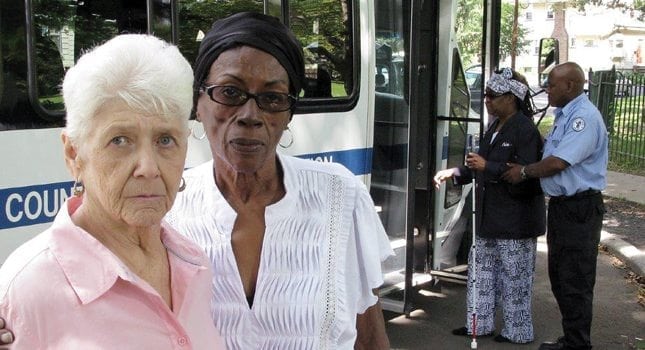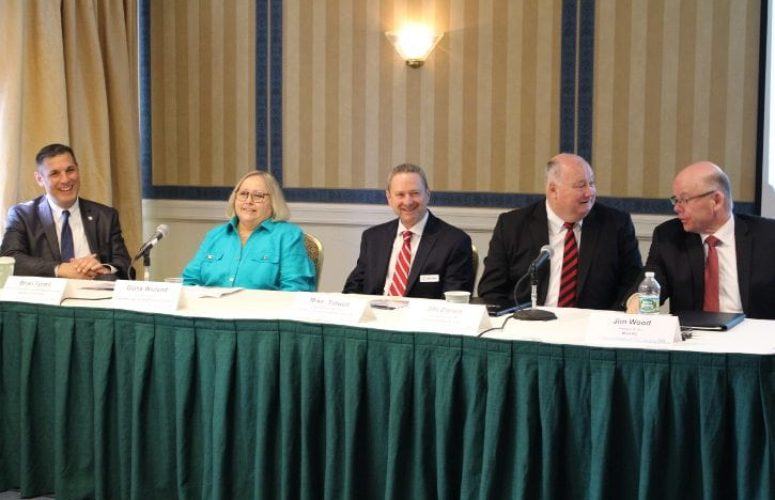
Decrease in Gaming Revenues Putting the Brakes on Community Transportation Services
Bus and vehicle advertising may be a solution.
By Anthony Birritteri, Editor-in-Chief On May 19, 2014The people who depend on county- and municipal-level community transportation systems throughout the state are being left stranded due to decreasing grant amounts from the Casino Revenue Fund’s “Senior Citizens and Disabled Resident Transportation Assistance Program.” The cause is the overall decline in Atlantic City Casino revenues these past few years. To make up for the funds, the New Jersey Council on Special Transportation (NJCOST), the not-for-profit advocacy organization dedicated to supporting the state’s para-transit and community transportation systems, is looking for new revenues sources, one of which is selling advertising on buses and other vehicles that provide these transportation services.
When Atlantic City casino revenues were at their peak, the industry contributed $502 million into the Casino Revenue Fund (2006), or 8 percent of gaming revenue. In 2012, this 8 percent amounted to only $248 million, or roughly half the 2006 amount. This means the total allocation to county transportation operations from the fund was cut in half to $21 million.
According to Michael Vieira, NJCOST president, “At this point, we are scratching at everything [to raise additional money] and advertising on vehicles is one idea.”
Helping NJCOST with the initiative is Long Valley-based Gateway Outdoor Advertising. The company, founded in 1937, has been involved with transit advertising throughout North America for decades. Its president, Craig Heard, explains the venture for NJCOST requires a great deal of marketing, branding and education (MBE) to the advertising community. “We have invested heavily in this regard with staffing and outreach to prospects in the tri-state area and national advertisers,” he says.
What is also a challenge is getting all 21 counties to agree to the program, because a large advertiser would not just want to spend their advertising dollars in just one county. So far, Gateway has been awarded seven county transit advertising contracts and is in discussion with several additional counties.
NJCOST, Gateway and the counties have to move quickly on this because, as Vieira explains, “Services are being cut. One of the things being affected is dialysis transportation. One county said it would not take on any new dialysis clients.”
The majority of users of community transportation in the state are senior citizens, people with mental and physical disabilities, and in some counties, people with low incomes who need transportation to get to a job or job interview. Besides the 21 county systems, other transit operators include municipalities, social service agencies and other not-for-profits.
Related Articles:





